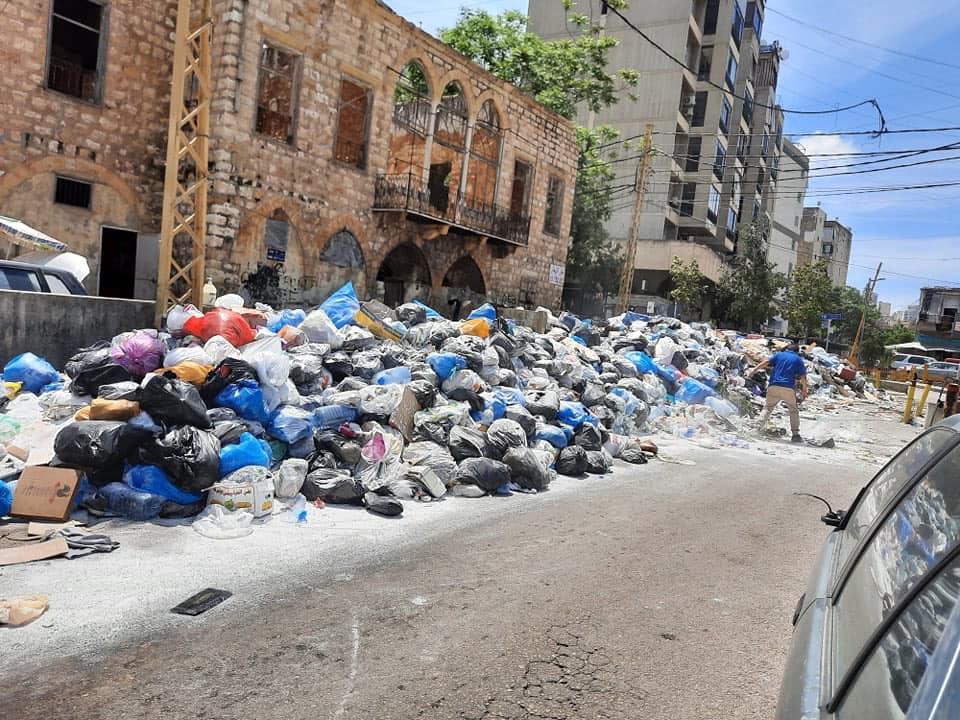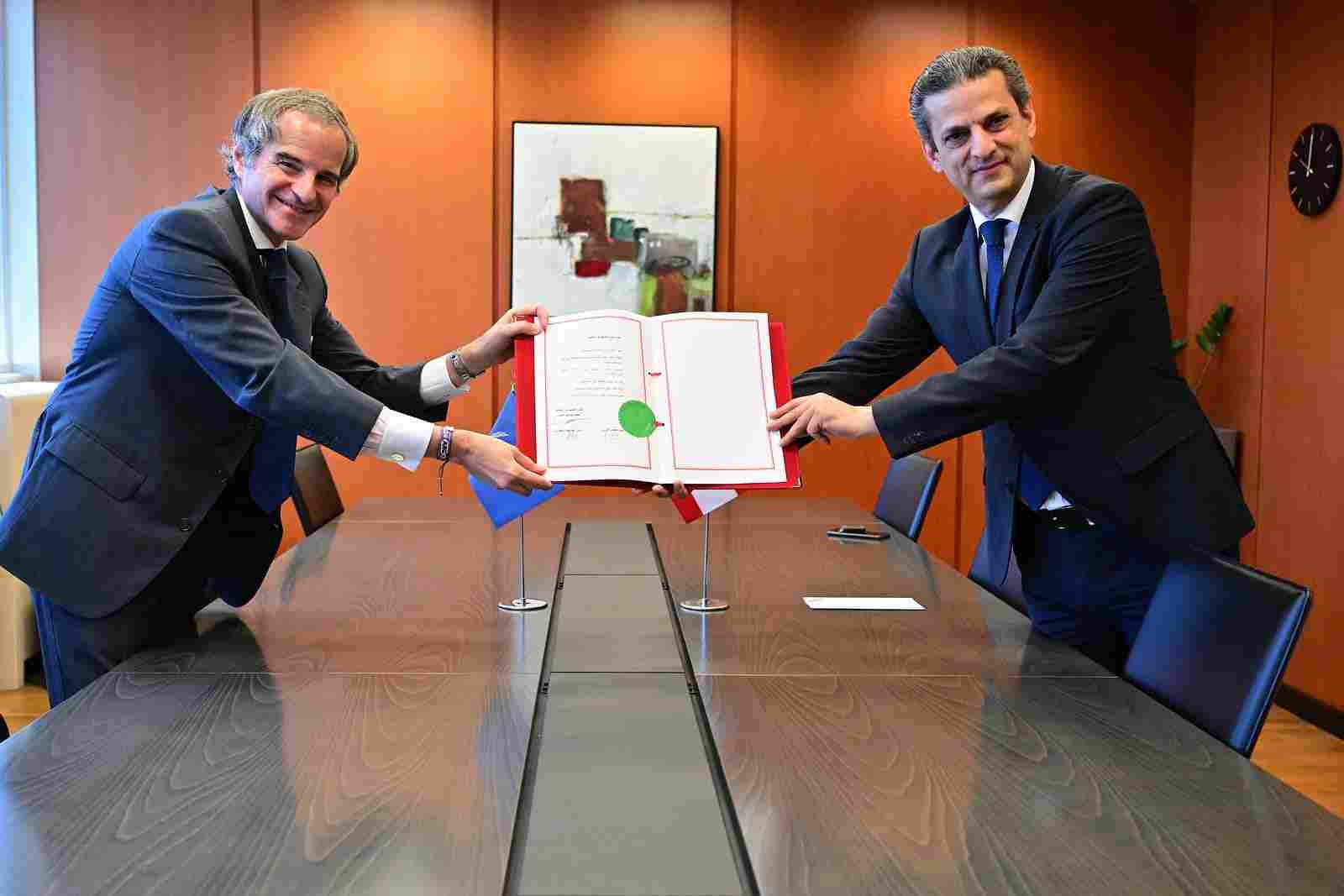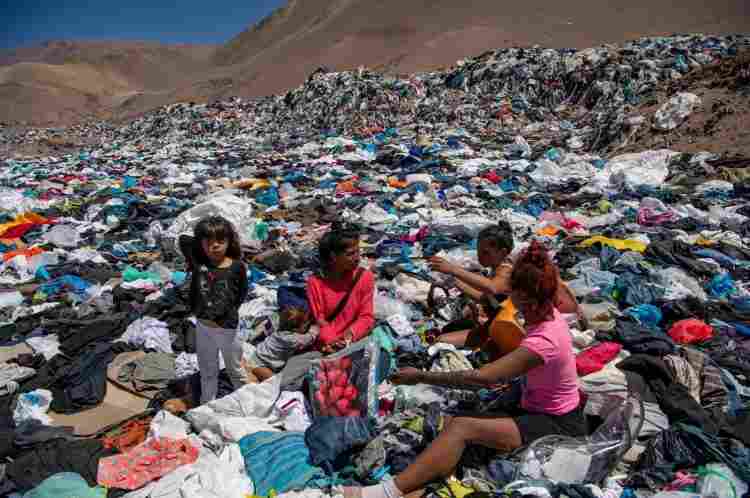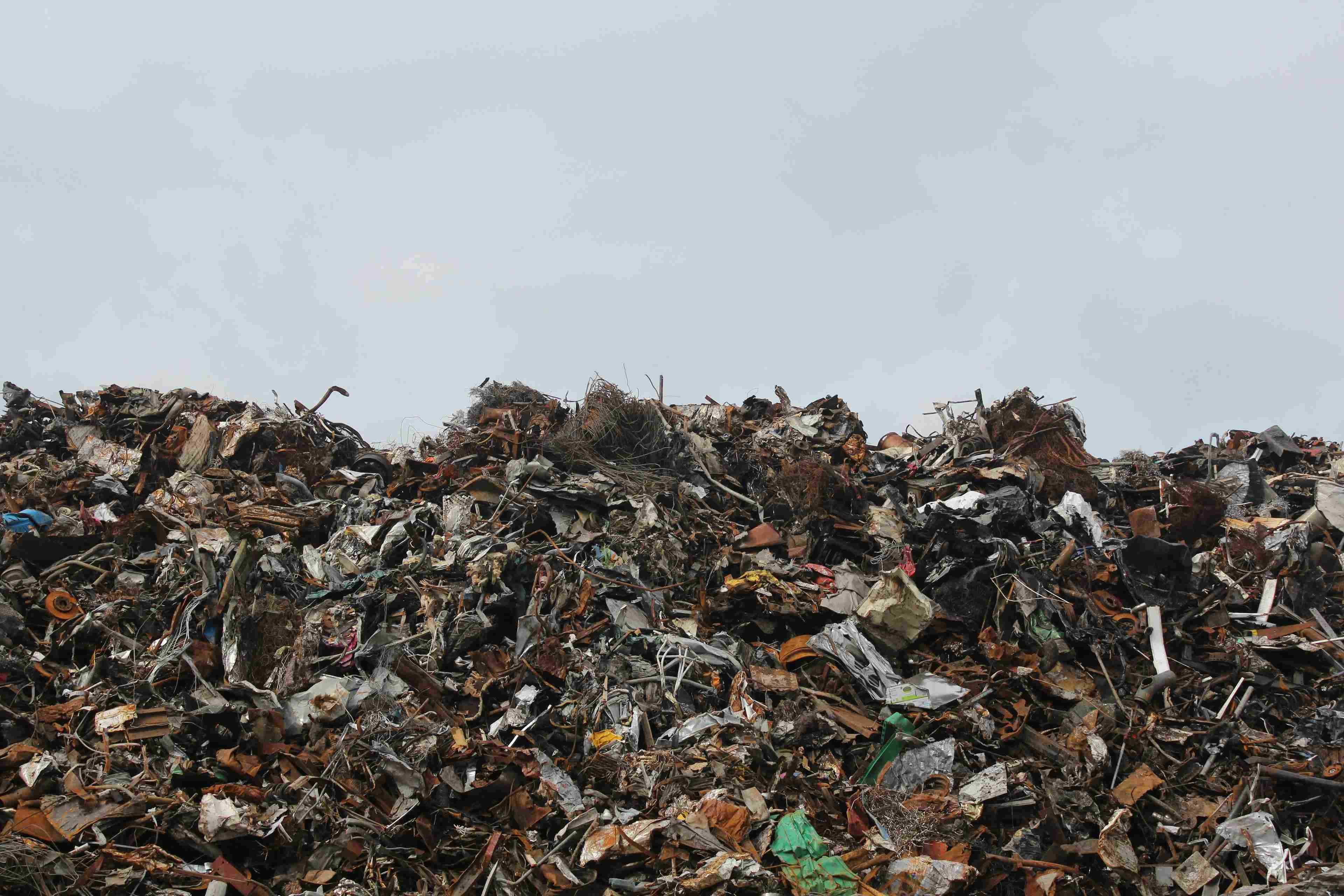
Beirut, Lebanon (Enmaeya News) — Lebanon is advancing a government-led initiative to improve waste management and promote a circular economy, aiming to tackle pollution and protect biodiversity amid growing environmental challenges.
The initiative, titled “Reduction of Unintentional Persistent Organic Pollutants (UPOPs) Through Waste Management in a Circular Economy,” is led by the Ministry of Environment and supported by the Global Environment Facility through the World Bank, with UNOPS implementing key components.
Lebanon faces a mounting waste crisis, worsened by conflict-damaged infrastructure, which has disrupted collection systems and increased open dumping and burning. These practices release hazardous pollutants, posing risks to both human health and the environment.
The project focuses on reducing harmful emissions, improving recycling and sorting, and establishing integrated waste management practices.
It also includes the development of a National Solid Waste Management Information System, rehabilitation of air quality monitoring stations, and the creation of standards for recyclable products to support a circular economy.
Officials say the initiative also updates Lebanon’s National Implementation Plan for Persistent Organic Pollutants and revises the 2017 master plan for waste management, including handling construction and demolition waste generated by recent conflicts.
As work progresses, the initiative highlights the importance of legal reforms, stakeholder collaboration, and sustainable recovery efforts in protecting public health and the environment across Lebanon.







